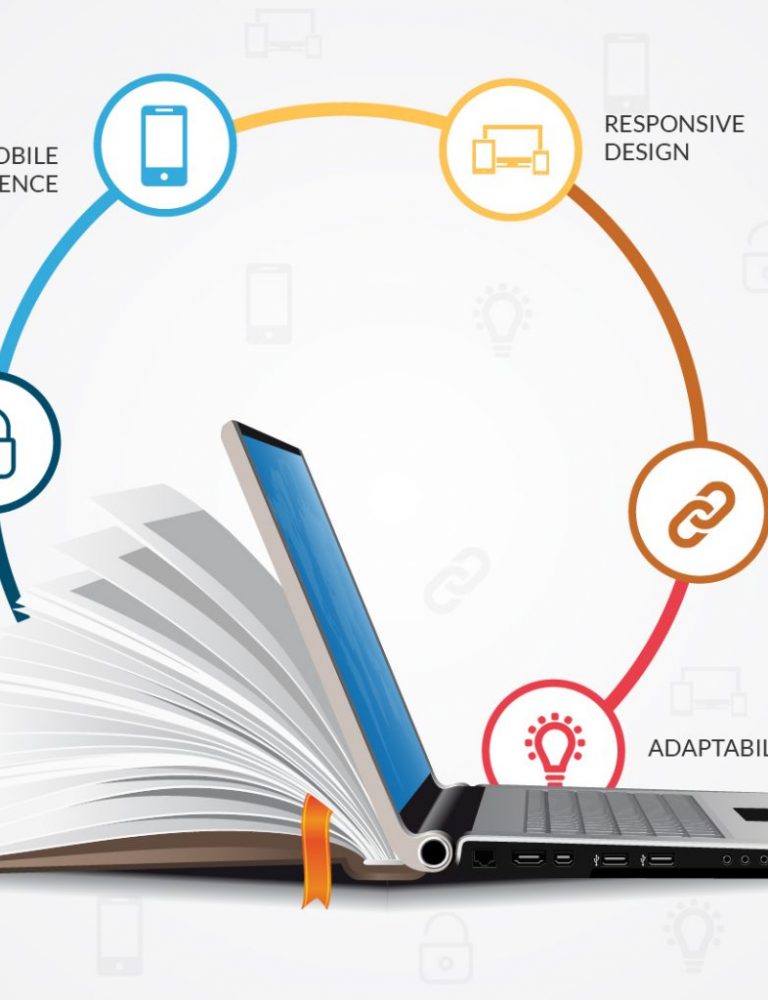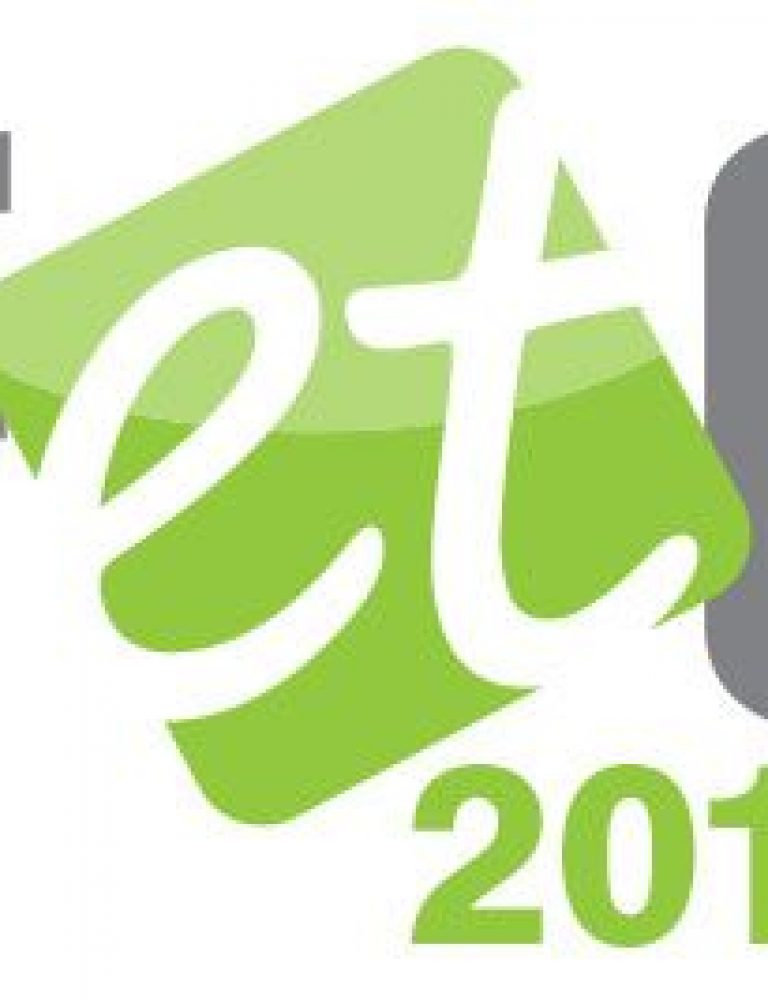With the increasing rate of competition in the publishing industry, it is easy to get lost among the crowd of apps and e-readers out there. Therefore, you need to make sure that you are using the best options available to you for your eBook platform development.
Given below are some areas that are important to the development of an eBook reader app and should be included in the SDK that you choose. These factors will ensure that you are using the best SDK and are following the best practices to create a well-designed and intuitive eBook platform.
Here are some of the factors that publishers need to consider while selecting an eBook SDK-
- A/B Testing
A/B testing is the process of experimenting between two versions of the same app to see which one performs better. This could be either by showing each version of the app to a different group of people or by changing small pieces of the code to check which one runs more smoothly and with no issues.
This information is vital because you can see which areas are performing better, and make the adjustments accordingly. Using an SDK that has these options can really help improve the usability of your ereader platform.
- Push Notifications
For both mobile and desktop apps, push notifications can really be helpful in driving traffic onto your platform and also reminding the users that your platform is still around and is not forgotten. With a large number of applications around, it is easy for users to forget about certain apps/software if they haven’t used them in a few days.
Having push notifications that gently remind the user of your ereading software can greatly improve visibility and awareness. Statistics show that apps can have a much higher retention rate if they send daily notifications for the first 90 days (Source). Having options for personal notifications can be a very intuitive experience for a user which will keep them hooked on using your platform.
- Monetization
Now this will entirely depend on the pricing model you are using for your platform. If it is a subscription-based model then you don’t need to add any other forms of monetization for the platform. However, if it is a freemium model then you can use eBook SDKs that place ads on the platform in order to generate another revenue stream for you.
- Payment Gateways
On top of ad placements, you will either need a subscription for the use of your platform or individual selling prices for the eBooks in it. In order to process these payments, you will need to integrate a payment UI into the platform.
This again should be in line with the overall experience of using the eBook platform. It should be simple and efficient enough that it can be completed in a few easy steps. Therefore, you need to select an SDK that is able to accept all or most payment methods and is secure enough for anyone to use. If you are using a subscription, then a monthly recurring payment model may be your best bet.
- User Testing
This is the process of having real-world testers interact with the software to check on all aspects of it before it is launched online. This can be a very time-consuming task and can be difficult to find good user testers.
There are some SDKs that come with crowd-sourcing user tester networks that you can use to test the software with. This will allow you to identify pain points and see how regular users will interact with the platform.
- Analytics – Quantitative and Qualitative
Analytics are important for the sustainability of your eBook platform. You need data in order to improve and enhance your software. If you are not able to track your data (quantitative) and then use it in a meaningful way (qualitative), you won’t be able to come up with new ideas to improve your platform.
Quantitative data is basically all the data you get in numbers, graphs, and charts. The SDK you select should be able to analyze a lot of data at once, and be able to display it in a proper dashboard. This will include information such as the users’ Device OS or Region, which will help you develop the platform better over time.
This data will then be used to understand your user’s behavior and how they interact with the app. Just looking at the data you get will not be enough to improve the platform, you will need to understand where changes need to be made in order to make the platform better.
- Crash Analytics
As a user of various software, you know that constant crashes and bugs while using the software can be a major annoyance and can cause you to switch away to a different competitor. Most times, users will not revisit the software even if these problems have been fixed because they do not trust the software anymore.
Therefore, it is important to know when and why a crash or bug happens on the platform. If you are informed about it right away and know the exact details, you can fix it soon. To do this, you need to make sure that the SDK used is able to give you all these details in a timely manner. Not having this in place can be a ticking time bomb to many problems in the future.
- Surveys
The best reviewers and testers for software will be the end-users. By providing surveys inside the platform for them to fill out, you will be able to get their feedback on the software, while also reducing the chances of them leaving a bad review anywhere else.
If they are able to give their feedback directly to the software developers themselves, they may not feel the need to leave a review in other places. Having this in place can help improve your software and also save it from negative press.
- SDK Size
The size of the app should also be considered when creating your app. The larger the size of the app, the higher chance that people will not be willing to download the app onto their phones. Especially if the app is not performing a function that is entirely necessary for the user to have on their phone, it would be best to keep the size of the app small.
A good SDK can help you minimize the size of the app without having to sacrifice any of the features that you have planned for the app.
- App Performance
Certain SDKs can lower the performance of your app once users begin to use it. This will cause lags, slows downs, and bugs to occur inside the app.
Having a faulty app is the best way to lose customer interest and you would not be able to get these customers back to your app because they would most probably have lost faith in it. Therefore, making sure that the SDK you choose is able to fully optimize your ereader app for performance without causing problems in the future is crucial.
- Trusted Source
The SDK that you use will be an inherent part of your overall app. Once it is a part of your app, it will become a part of your brand, so you need to make sure that your SDK comes from a trusted source. This is to ensure that you don’t fall victim to viruses, malware, or phishing content.
If a virus is spread through your app, it won’t be the SDK that the community will choose to blame. It will be your app and your company. Therefore, to ensure that these problems don’t arise in the future, always choose an SDK that you know you can trust.
- App Permissions
Permissions that the SDK requests for should be minimal and only where necessary. Privacy and safety are becoming more important to people nowadays. If they think that an app is asking for permissions from areas that are not relevant to it, then users are likely to delete the app before they use it. For example, an eBook app would not require permission to access your contacts, phone, or camera.
In conclusion
There are so many variations of eBook SDKs out there and choosing between them can be a difficult task. To ensure that you are selecting the best one, you first need to understand all the requirements your eBook platform needs to have and then select an SDK that is able to deliver on all or most of these requirements.
Discover How An Ebook Conversion, Publishing & Distribution Platform Can Help You
Kitaboo is a cloud-based content platform to create-publish & securely distribute interactive mobile-ready ebooks.
You May Also Like







